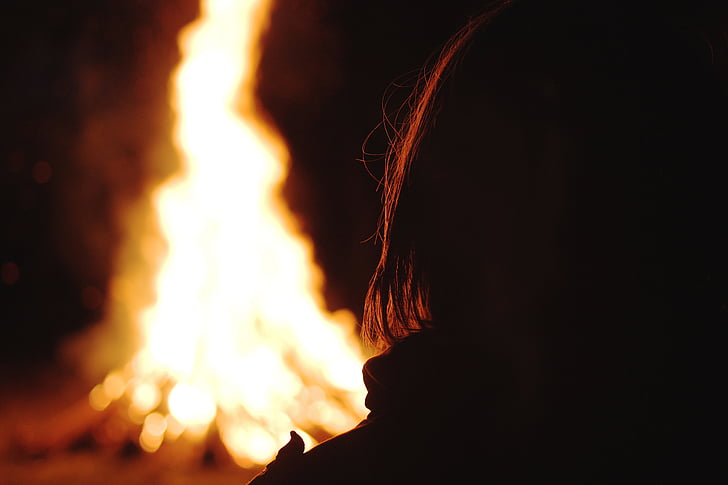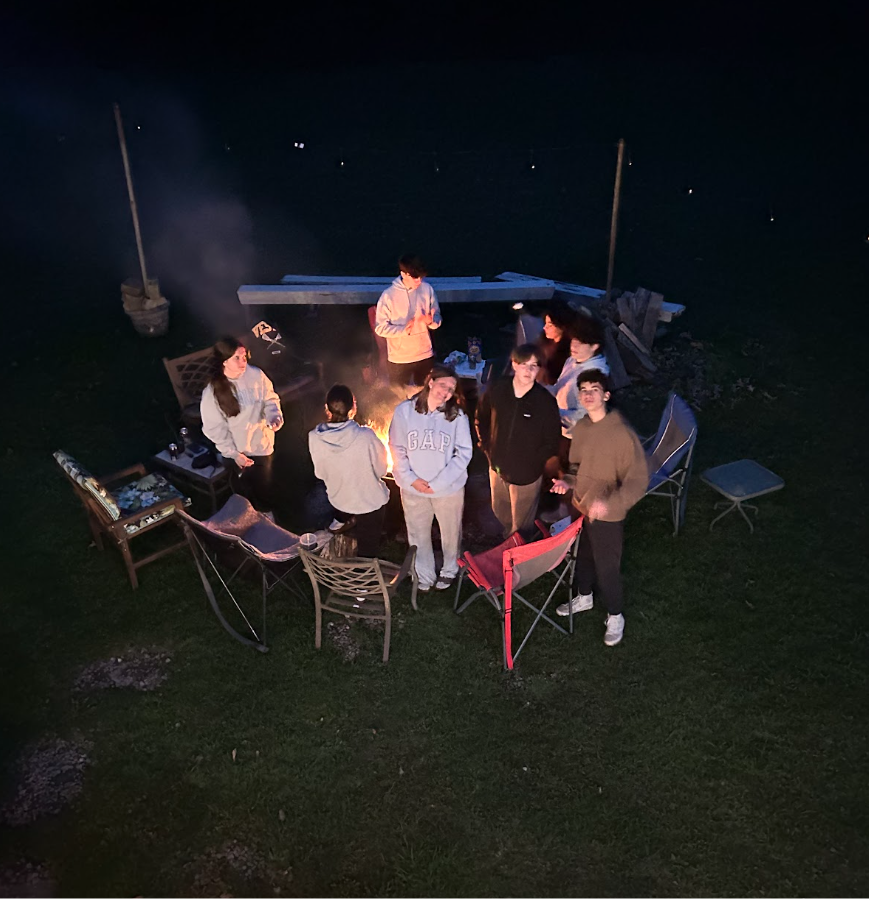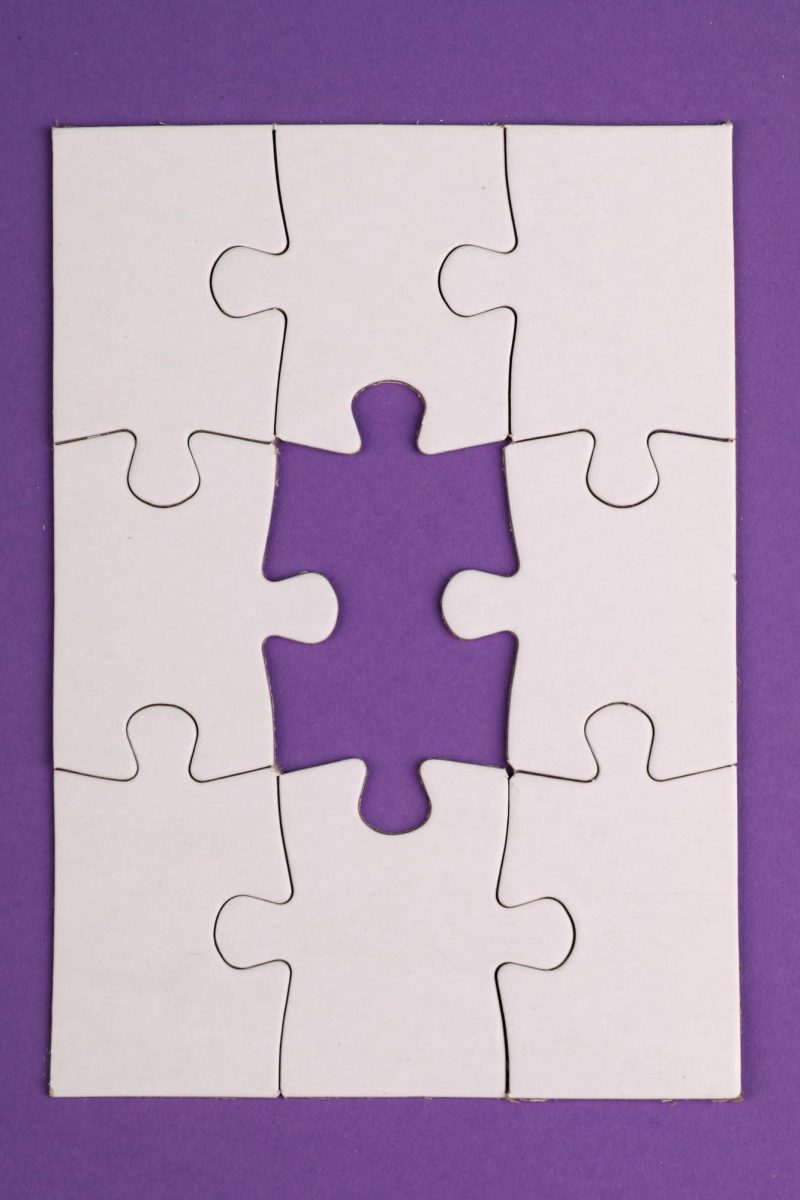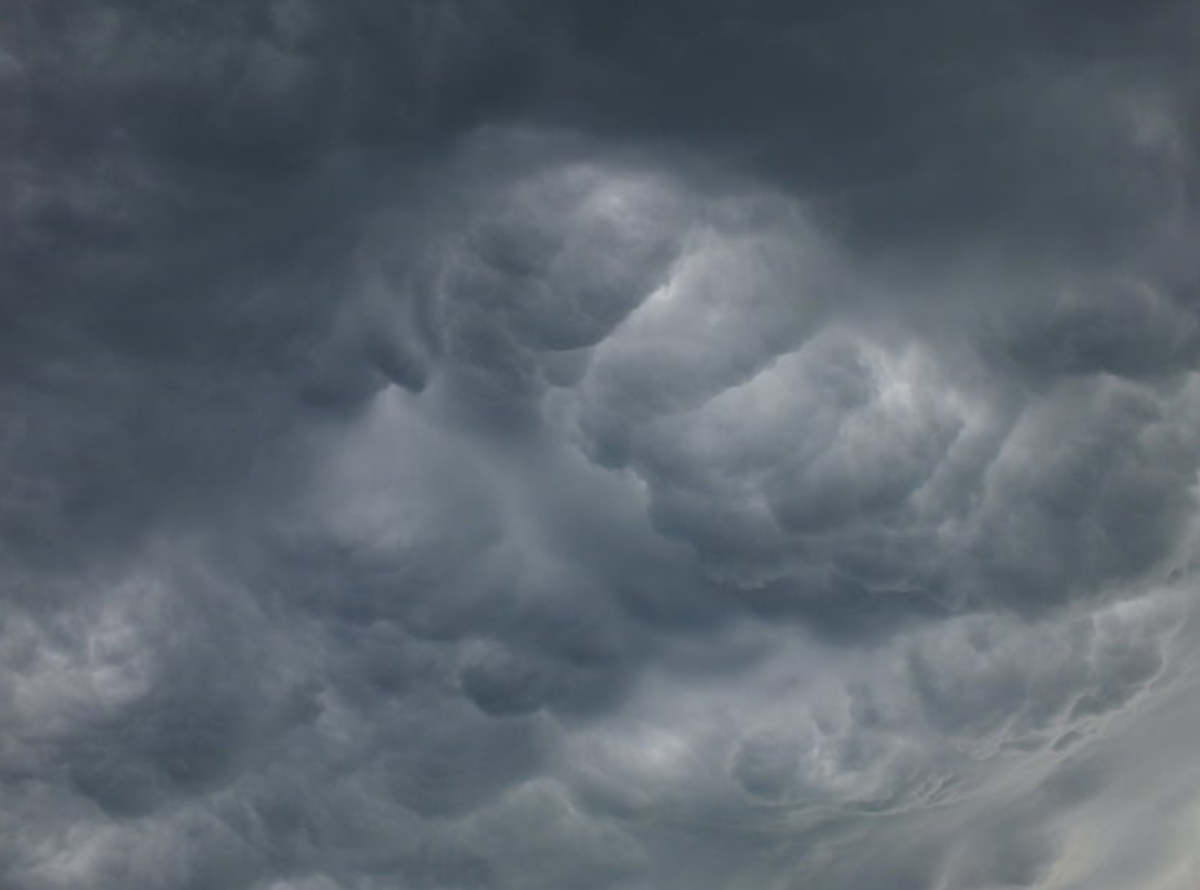How My Friends Spend Winter Break: The Diversity of the Season
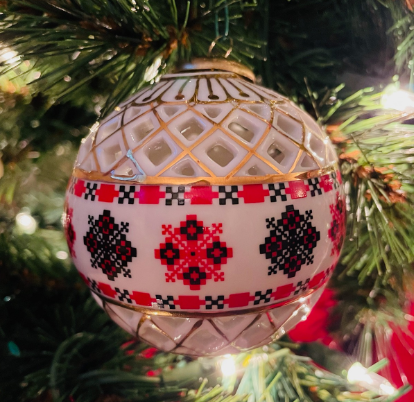
December 14, 2022
When you walk into any store during November or December, you’ll find it decked out in red and green with Santa and reindeer decorations. Every candy and chocolate brand has created a Christmas tree or Snowman shaped treat, and you can find a peppermint version of just about anything. It’s all a little flashy but nonetheless holds a nostalgic feeling. When I see all this, I immediately think of Christmas not as a religious holiday but more of a feeling. There is still a religious side to Christmas that’s just as important, but it’s also become about family and friends. Christmas celebrates love.
I asked three of my friends about their own winter break traditions to show how everyone does different things depending on their family and nationality. Even in my small circle of friends, there’s so much diversity. I bet if you asked around your own friend group, you’d discover new ways to celebrate the season and at the same time learn more about the people you love.
Lolav, the first friend I spoke to, is from Duhok, Iraq and is Islamic. She celebrates Ramadan every year and prays five times a day on a prayer mat. For Lolav, winter break is simply a time to relax and catch up on any extra work. Her family doesn’t put up a tree or decorations, as Muslims consider Christmas a Christian holiday. However, Lolav said she’d participate in Secret Santa and look at Christmas lights if invited. If she saw a gift one of her friends would want, she’d buy it. She said: “I believe it’s all about the intentions. I do think people can give each other gifts, but I wouldn’t label it as Christmas”.
I talked with my friend Sofia, who celebrates Christmas in both December and the beginning of January. Her grandparents are Orthodox Christian, and for them, Christmas falls on January 7th. Sofia’s mother is not Orthodox, though, so she gets to experience Christmas in two different ways and on two different dates. For their December 25th Christmas, her family has a routine that many imagine when they think of Christmas. However, they have other traditions on their Orthodox Christmas. On January 6th, they start to eat dinner, which cannot contain meat, when they see the first star in the sky. Sofia explains, “We start it with bread dipped in honey, starting from the oldest family member to the youngest.” Sofia’s family also has place settings for family members that have passed away. After dinner, they go to church and exchange gifts. On Christmas day, they go to church in the morning and have brunch there afterwards. Her family also puts up a traditional Ukrainian embroidery ornament on their tree.
The last friend I interviewed was Anjali, whose family is from west India. Her a native language is Gujarati and she practices Hinduism. Anjali celebrates Diwali for twelve days, which comes with a number of customs. However, in December, her family puts up a Christmas tree and exchanges gifts. She also participates in Secret Santa with her friends, watches Christmas movies, and listens to the Christmas songs. All of this is to celebrate the comfort of friends and family, not the birth of Jesus.
My three friends are great examples of how diverse the winter season can be. My family participates in the typical December 24th and 25th Christmas celebration, but even so, we have our own special traditions intertwined with the cheesy Christmas commercialism. Today, Christmas is about spreading love and appreciating those around you. You can still celebrate the Christmas spirit without being Christian and following the typical Christmas traditions. This winter, ask your family and friends how they celebrate the winter season. Maybe you’ll learn something new or become closer to the people you cherish the most.
